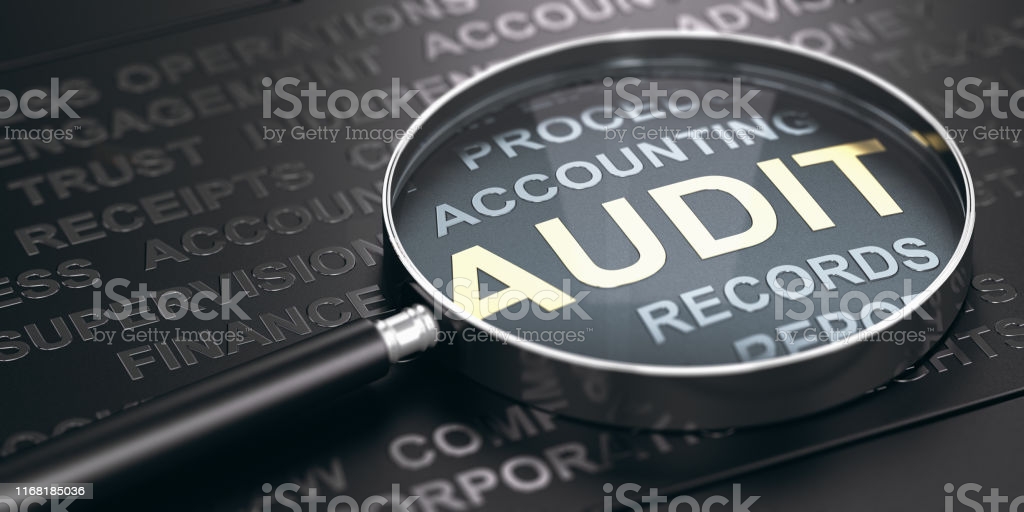Course info

Course objectives
At the end of this Module/Course unity a student will be able:
- To understand the objectives of the audit and why it is necessary
- To understand why various users of financial statements need audited financial statement.
- To understand the various ethical guidelines issued to auditors
- To understand the meaning and purpose of planning the audit work, controlling the work and recording the audit evidence obtained
- To discuss audit recording and the need to prepare good working paper
- To understand the meaning of audit evidence and what is sufficient and appropriate evidence
- To enable one identify weaknesses in an internal control system in a specific accounting areas.
- To understand the factors considered by the external auditor in evaluating the internal audit function
- To identify factors that have led to growth in internal audit function.
- To understand what is an audit report and various element of the report
- Understand various types of opinions that that an auditor can issue.
Course Prerequisites
While preparing this course, I have collected the relevant materials from different scholars, published and unpublished sources, books, journals and articles. The handout is written in a simple and self learning style. Clarity was given top priority throughout. An attempt will be made to narrate even the most difficulty and confusing ideas in a simply and easy to follow style. However, this course presupposes a student to have knowledge in financial accounting and Reporting.
Course overview
Many businesses pass across hard situations that (almost) lead to closing their activities which would have been avoided if the problems were detected and fixed just at their beginning. Of those problems, some are related to deliberate non-respect of procedures, other are due to simple human errors or lack of adequate skills.
Not detecting the problem at the beginning makes that the company keeps on being built upon a faulty foundation, and its collapse can’t wait too long. The why of Auditing is mainly to provide right information for a proper decision taking.
This course will introduce students in auditing practice by discussing such topics the Legal and Professional Requirements of an Auditor; Accounting and Internal Control Systems and Risk Assessment; Internal Audit; Audit Planning, Controlling and Recording; Audit Evidence and Audit reports. In the course we will answer questions such as the following:
What is Auditing and Why auditing? What are Responsibilities of Director’s of a company in relation to the accounting function; What are the procedures that a proposed auditor must undertake before accepting nomination? What are the importance of internal control system? What are the problems encountered in developing and implementing audit plan? What is the meaning of sufficient appropriate audit evidence? What is the purpose of audit report? Etc.
Course outline
Chapter One: General Introduction to Auditing
Chapter Two: The Legal and Professional Requirements of an Auditor
Chapter Three: Audit Planning, Controlling and Recording
Chapter Four: Audit Evidence
Chapter Five: Accounting and Internal control Systems and Risk assessment
Chapter Six: Internal Audit
Chapter Seven: Audit
Report
- Teacher: Dr François Xavier NIYIBIZI

